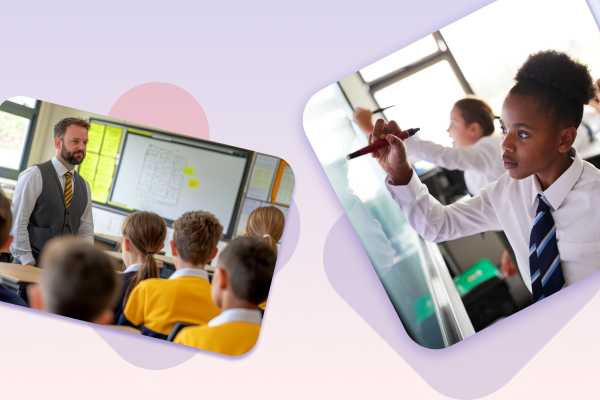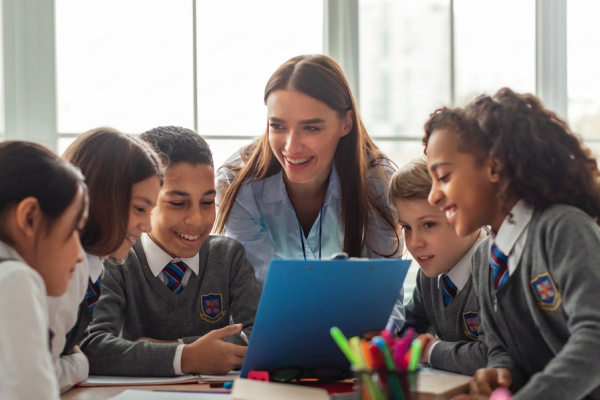
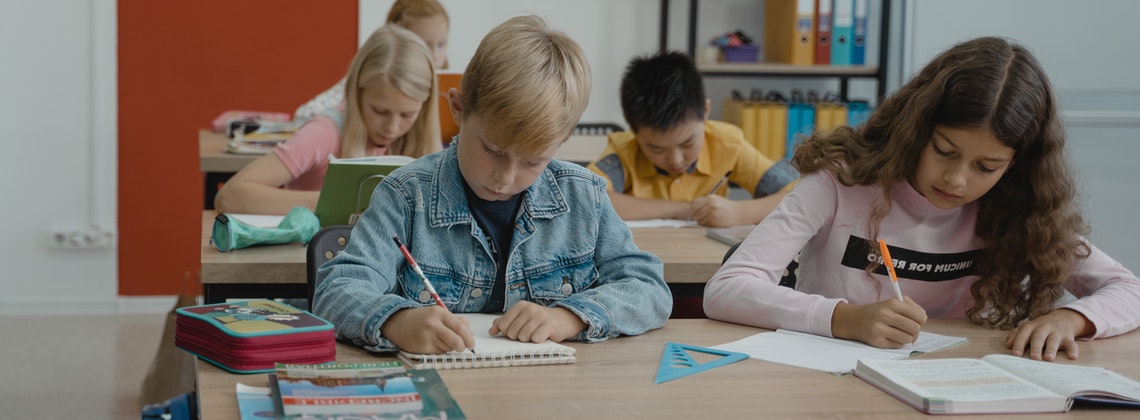
We all want EAL pupils to become confident learners and able to engage in independent learning. Taking ownership of their learning can help them to keep up with mainstream lessons and support themselves to succeed. How can we help EAL pupils to become self-regulated learners? The 2020 EEF literature review makes it clear that self-regulated learners are aware of their strengths and weaknesses and possible learning strategies, can be self-motivated, and develop strategies to enhance their learning. Metacognition is part of this, as it refers to how learners monitor and direct their learning using a ‘plan, monitor, evaluate’ cycle.
Awareness of strengths and weaknesses
Include opportunities for pupils to self-correct mistakes or errors, both in speaking and in writing, rather than correcting them yourself. What do I mean by the difference between a mistake and an error? A mistake is an accidental slip, which a learner can self-correct when they are aware of it. However, a learner usually does not yet have the required knowledge to self-correct an error. After more teaching around this area, they should be able to return to their work later and correct it. This will demonstrate clearly that they are able to learn from errors.
Once pupils are aware of weaknesses, they need to become proactive to address these areas and set personal goals. On FlashAcademy, pupils can identify lessons to complete to help improve their work. For example, if they need to practise spellings, they could select a Fluency Boost, Phonics, or a High Frequency Words lesson. If there is a grammar point they need to improve on, they could look in Fluency Boost or Grammar lessons.
Independent learning and coping mechanisms
If pupils can think ‘how can I solve this problem myself?’, it can be empowering for them and enable them to make progress on their own. Suggest that pupils keep a notebook to record vocabulary or note down questions that they need to lookup later. These could be language or subject-related and they could use their home language too. After the lesson, pupils can look up the topic online in their home language for clarification. To boost confidence before the lesson, use a relevant FlashAcademy lesson to pre-teach key vocabulary for subject topics, and see this vocabulary in context within reading comprehension lessons. If pupils are studying an extended reading text, try to find an audiobook version to support links between listening and reading. Alternatively, pupils may engage with independent learning if they can read an adapted or translated version.
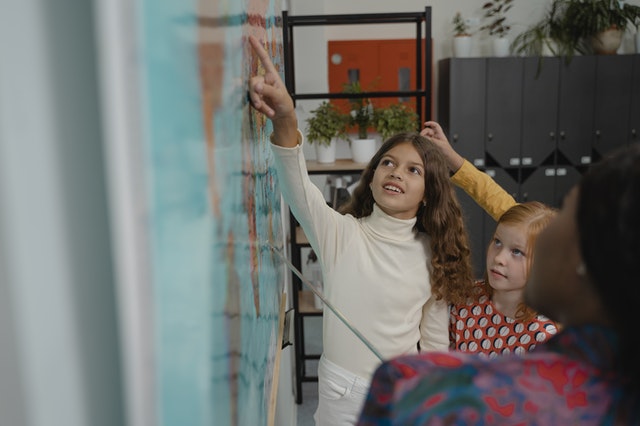
Make progress visible
Encourage learners to use English consistently for themselves rather than purely in an academic context by keeping a daily diary or vlog. They don’t need to share this with anyone, but it can enable them to see how they are progressing over time. Share where they are on their learning journey with them as much as possible so they can see where they started and visualise their destination. Assess pupils regularly and show learners their progress in small steps. You could use the assessment framework to tick or rate pupils’ proficiency levels. FlashAcademy, learners can see their streaks and calendar, which is a satisfying way to keep track of their independent learning.
Independent learning and the social environment
Motivation for EAL and independent learning is closely linked to emotions and social relationships. A positive relationship with the teacher makes pupils more receptive to using the strategies they model. Peer relationships are key in the teenage years. Within FlashAcademy, the live leaderboard can encourage competition between peers and increase motivation. You can also try peer teaching, where pupils teach a concept to their peers. Facilitating group projects may also encourage learners to engage in independent learning.
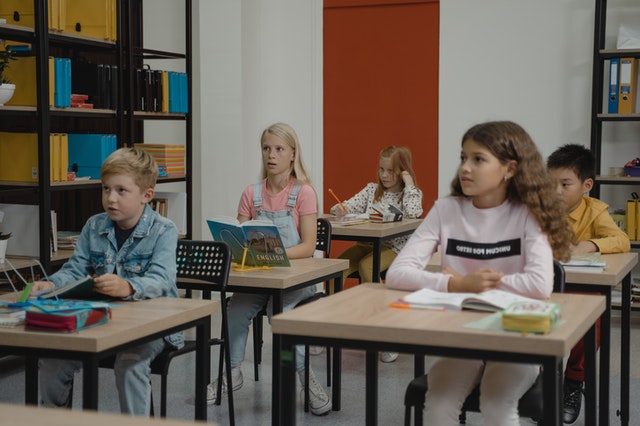
Self-directed and autonomous learning
When learners have an element of choice in their learning, they may have more of an investment in it. As pupils can struggle to engage with traditional classroom methods of learning when at home, suggest learning activities linked to personal interests. This could be making, subtitling, or transcribing YouTube videos. If pupils are interested in music, they could translate song lyrics or do karaoke for pronunciation practice. You can also offer optional challenges that they can complete when they have time. Graphic organisers are used across many subjects, so encourage learners to select strategies like mind maps, tables or planning tools to use outside of the subject-specific context they first encounter them.
Independent research skills
Pupils may struggle to conduct research independently. If you have a classroom, create a mini EAL library with books and worksheets that you can direct pupils to complete to support their independent learning targets. Show pupils how to use online dictionaries like WordReference, Linguee, and Glosbe effectively, rather than relying on Google Translate. Encourage them to use Google more creatively, by using Google Image search and practising pronunciation with the voice recognition tool (or by talking to Alexa!). They can also use the object translator feature of the FlashAcademy app to translate images into words quickly. Lastly, give pupils an online research tool to support their independent learning to help them define search terms and to guide them through the thought process of being critical and selective when searching online.

